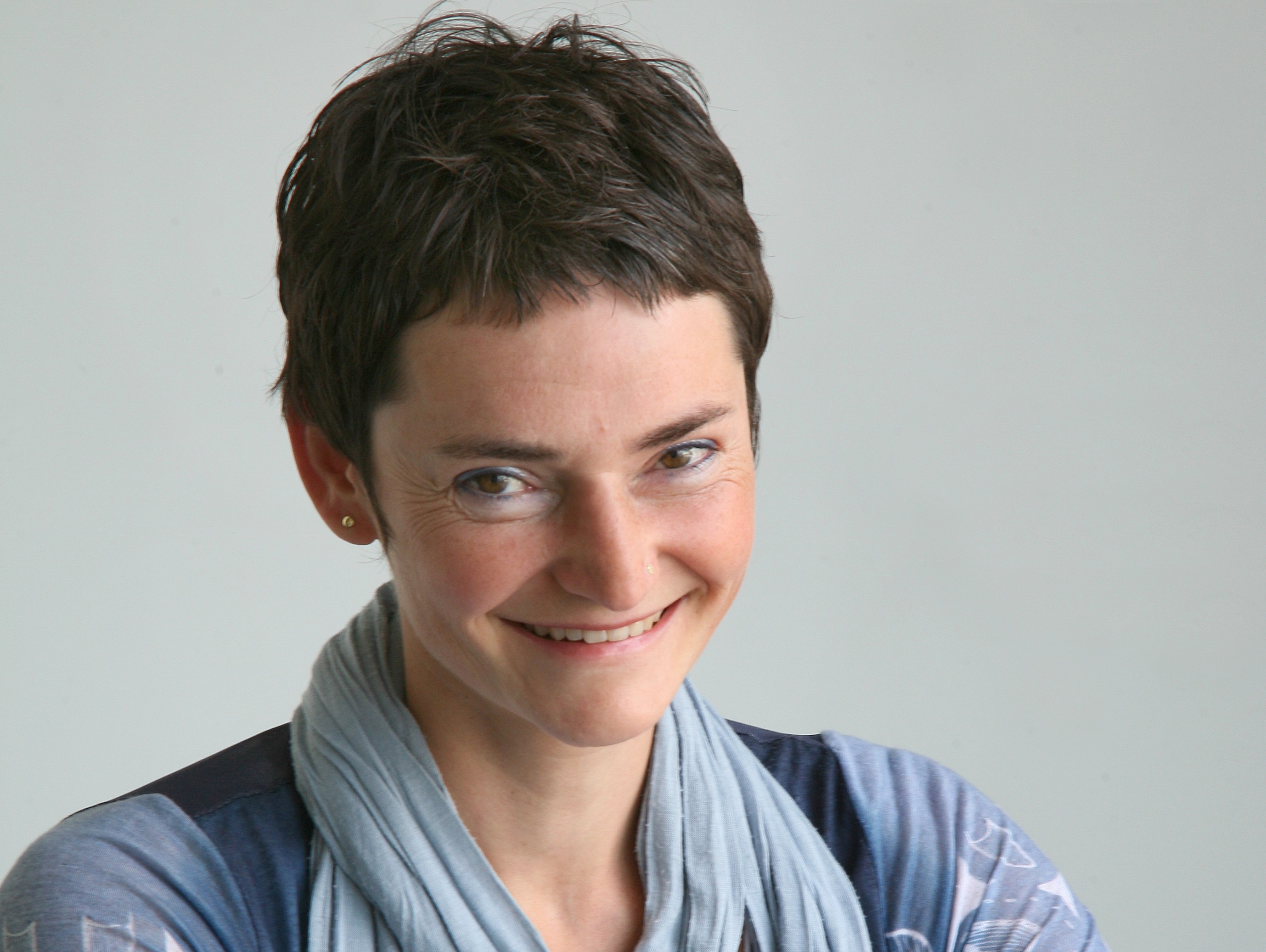
A new year, a new beginning. And for our online readers: this new, English-language version of the entire magazine Voedingsindustrie.
After all, the major issues for 2014 are not limited to The Netherlands alone; tackling food waste, combating food fraud, improving nutrition and health, innovation and sustainability are all topics that extend beyond Dutch borders.
The European Parliament (EP) has declared 2014 to be ‘The year against food waste’ and aims to reduce waste by half. Because waste occurs at all links in the chain, the EP is calling for a coordinated approach which combines measures for individual member states with measures for the EU as a whole. Hence, both the Dutch Ministry of Infrastructure and the Environment and the Ministry of Economic Affairs have included reducing food waste in their policy for this year.
Another topic that is high on the agenda is combating food fraud. The numerous cases of food fraud are making it difficult for those farmers and manufacturers who do obey the rules – and that is the vast majority of them – to regain consumer trust. And the EP strongly believes that that trust must be won back. In mid-January, the EP adopted a resolution for a comprehensive approach to food fraud in Europe in Strasburg. I was there, and I interviewed MEP Esther de Lange about how the resolution should be implemented. You can read that interview in this edition.
That health will also continue to be a key theme in 2014 is underlined by the agreement reached between industry associations representing food retailers (CBL), food manufacturers (FNLI), the foodservice sector (KHN) and contract caterers (Veneca) on 23 January about improvements to product contents and product choice. In the Accord, the associations outline how they will work together, with each doing their bit within their own area of responsibility, to make the overall product offering healthier over the coming years. The scope of the agreement is focused above all on reducing levels of salt, saturated fat and calories (sugar) in food products. We will definitely be revisiting this topic here in FoodinBusiness.
Tackling the issues outlined above requires innovative solutions, lots of creativity and of course…money. The Innovation Credit is one way of financing innovation, but there are other options too: applying for the Herman Wijffels Innovation Award 2014, for instance. It is organised by Rabobank, who is seeking concrete, high-potential and sustainable innovations in terms of technology, services, processes, organisational structures or products. Apply before 1 April 2014 via the website (www.rabobank.com). The award is open to Dutch inhabitants only with a promising, sustainable innovation, and is divided into three categories for 2014, including Food & Agri. A cash prize of €30,000 is available for each category. Winning the Innovation Award can open doors that have previously remained closed: the prize money can enable you to turn your innovative idea into reality, give you access to valuable networks and attract lots of publicity. Please keep me informed!
Judith Witte
[email protected]
Source: Vakblad Voedingsindustrie 2014